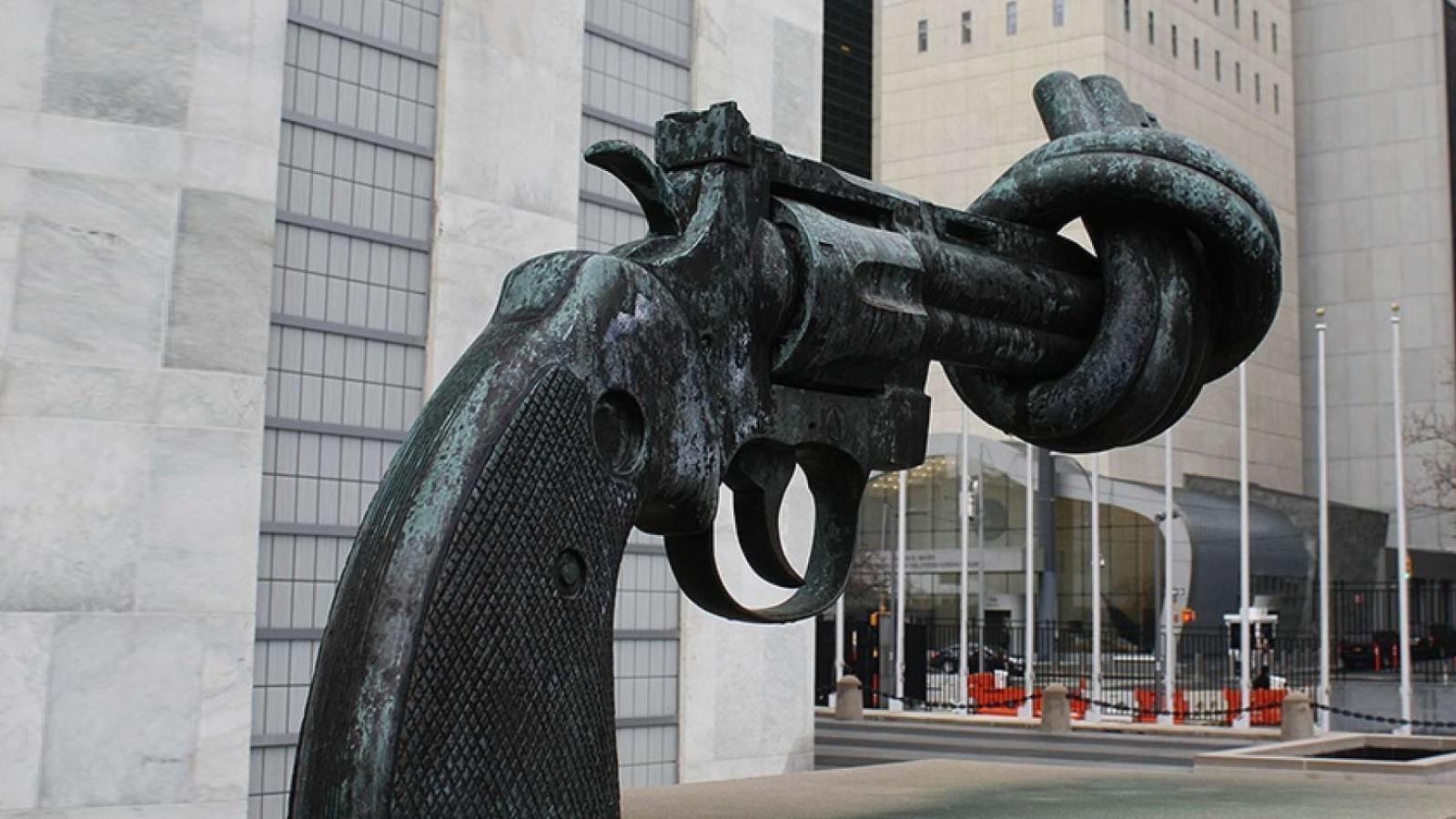The International Disarmament Institute is an academic center providing world-class education and research on global disarmament, arms control and non-proliferation policymaking. The Institute aims to generate and disseminate new thinking on the humanitarian and human rights policy and other challenges posed by weapons of mass destruction, conventional weapons and methods of armed violence that have indiscriminate and/or disproportionate effects, the arms trade, emerging weapons technology and militarization. It also plays a “Track Two” convening role for associated diplomatic, advocacy, activist, scholarly and practitioner communities. The Institute is only two express subway stops from United Nations Headquarters, housed with the Dyson College of Arts and Sciences’ Department of Political Science on Pace University’s New York City campus.
Contact
Matthew Bolton, PhD
Director
Phone: (212) 346-1828
Email: mbolton@pace.edu
